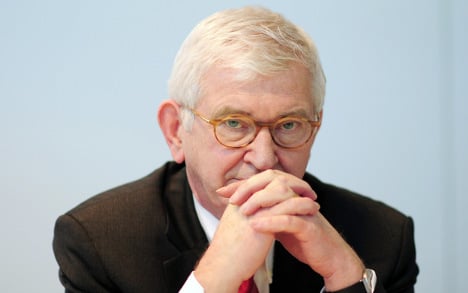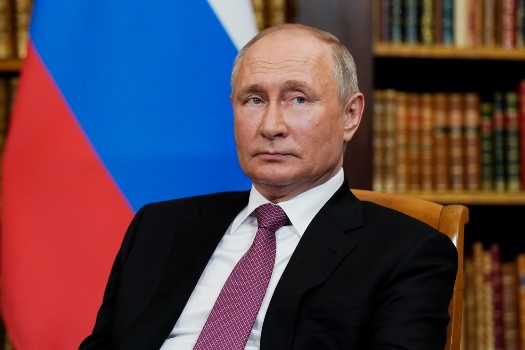A spokesman for the bank on Sunday confirmed a report in Der Spiegel news magazine that the former intelligence chief is now working as a freelance “global risk analyst” at the bank, and that this new job had been cleared by the Ronald Pofalla, chief of staff at the German chancellery.
The 65-year-old Uhrlau retired at the end of last year, when he reached the age limit for his office at the BND. He spent six years as president of the overseas intelligence agency and was also secret service coordinator for the German government.
One of Uhrlau’s more controversial acts in office was to buy the personal data of suspected tax evaders from people who had stolen the information from foreign banks. One of the high-profile victims of the initiative was Klaus Zumwinkel, former head of Germany’s postal service Deutsche Post.
Zumwinkel was fined €1 million and handed a two year suspended sentence in 2009.
Uhrlau is not the first high-ranking government insider who has moved to the Deutsche Bank. Former deputy finance minister Caio Koch-Weser became vice-chairman of the Deutsche Bank Group in 2006.
The Local/bk



 Please whitelist us to continue reading.
Please whitelist us to continue reading.
Member comments